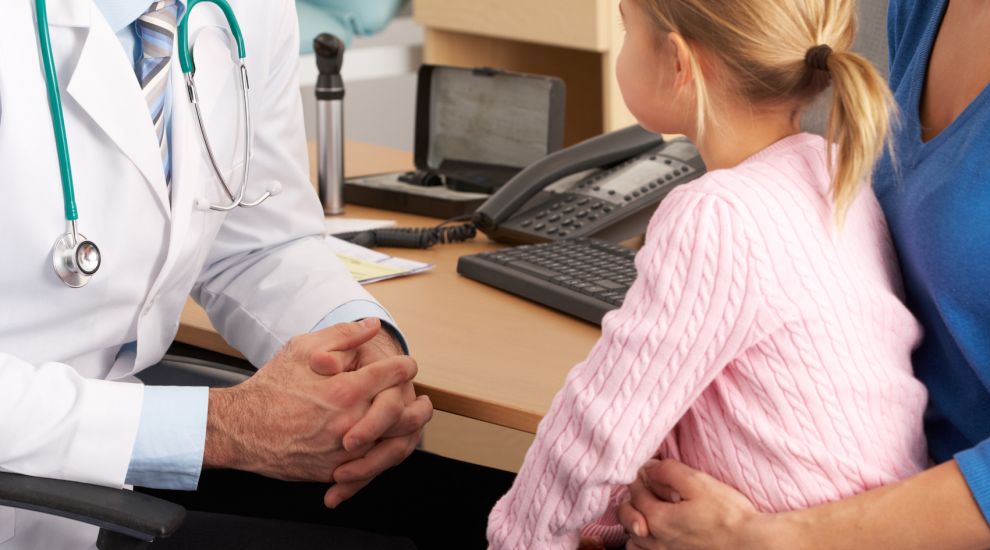


Jersey has established specialised clinics for diagnosing Fetal Alcohol Spectrum Disorder (FASD) with hopes to "reduce some of the stigma around the condition".
FASD is a neurodevelopmental condition which is caused when a person is exposed to alcohol before birth.
Each person with FASD is affected differently, but often face challenges in learning and cognition, and managing emotions. FASD is also associated with over 400 known conditions which can affect any system in the body.
Children with FASD can benefit from a range of support, including speech and language therapy and occupational therapy.
In Jersey, children and young people who are suspected of having Foetal Alcohol Spectrum Disorder (FASD) will benefit from dedicated clinics to diagnose the condition for the first time.
The first clinic was held this week in honour of FASD Awareness Month, and will be followed by further clinics throughout the year.
The clinics will initially focus on children and young people who have been identified as displaying symptoms of FASD.
However, in the future, all children referred for a neurodevelopmental assessment will be screened for FASD as part of a single referral pathway.
Community consultant paediatrician, Dr Catherine Howden said: “I am pleased that we now have a diagnostic pathway for FASD.
"Because FASD shares many symptoms with other neurodevelopmental conditions – including ADHD and autism – it requires assessment of 10 different neurodevelopmental domains, and a co-ordinated approach from multiple health professionals.
“Providing an accurate diagnosis is the first step to providing the correct support for children and young people with FASD. This includes giving families the knowledge they need to effectively support their children."
She continued: “I also hope that by having these conversations about FASD, we can reduce some of the stigma around the condition. There is not a direct relationship between the amount of alcohol a child is exposed to before birth, and how FASD presents.
"We know that lots of factors such as timing and genetics also have a part to play. Jersey has a high rate of unplanned pregnancies, and public health guidance on alcohol consumption has historically been unclear.
“This means that expectant mothers may have had a drink before they knew they were pregnant, or they might have followed the guidelines to the best of their understanding.
"It’s really important that parents don’t let the stigma around this condition stand in the way of getting the right support for their children.”
Comments
Comments on this story express the views of the commentator only, not Bailiwick Publishing. We are unable to guarantee the accuracy of any of those comments.